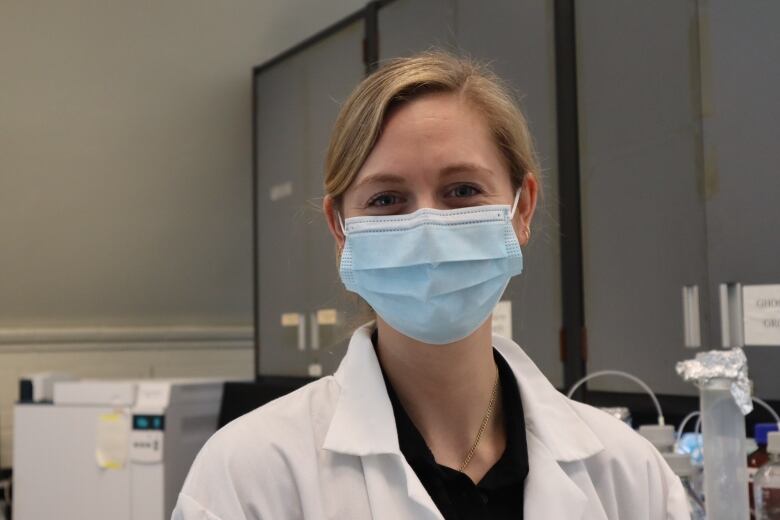How McGill University is using wastewater testing to get a handle on COVID-19 outbreaks | CBC News
Every day, in a lab inside McGill’s Macdonald Engineering Building, the urine and feces of students is being tested for COVID-19.
Since September, the university has been testing wastewater coming from its student residences to get a better sense of the scale of the pandemic on campus and to help administrators adjust measures based on results.
The tests detect the presence of SARS-CoV-2 in what’s being flushed from each residence, whether individuals are symptomatic or not.
“Especially now that testing rates have been dropping and people are trying to get back to a situation that is as close to normal as possible, this is a time where wastewater testing has a lot of value,” said Stephanie Loeb, one of the civil engineering professors leading the project.
Daily testing informs measures
“We call it a torpedo,” said Loeb, holding up a 3D printed plastic sampler.
The samplers, nicknamed torpedoes at the lab because of their shape, are then stuffed with membranes and inserted into exit pipes at the residences.
Every day, the torpedoes are collected and brought back to the lab for analysis.
After extracting and purifying the samples, each is checked for COVID-19 via a polymerase chain reaction (PCR) test. The results then tell a story.
“It’s a representative sample of the entire population of people using the building,” said Loeb.
“If you track it over time, it can give you an idea of whether you’re seeing more cases in a certain building compared to others.”
Monitoring the consecutive days of positivity allows the university to apply different measures at its residences through an alert system: low, medium or high.
“We can actually have an impact on [student] activity if we see something that is going wrong,” said Fabrice Labeau, the university’s deputy provost of student life and learning.
“We can influence their behaviours in a way that can influence the impact of an outbreak.”

6th wave hitting campus
Results have followed much the same pattern as what’s seen in the general population when it comes to the pandemic, Loeb said, except for the Omicron wave over the Christmas holidays.
“We didn’t really see a big uptick for Omicron over Christmas because the dormitories were empty. Most of the students weren’t there,” she said, noting that McGill did a hybrid online system coming out of the holidays.
Since then though, the wastewater results have indicated a steady rise in positivity.
“Most of the sites are rated positive most of the time right now,” said Loeb.
Labeau says the university will continue its monitoring and adjusting measures depending on results until the end of term.

For all the latest health News Click Here

